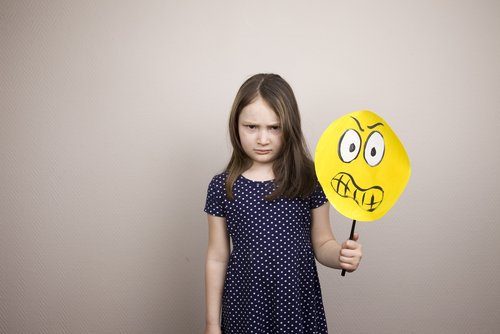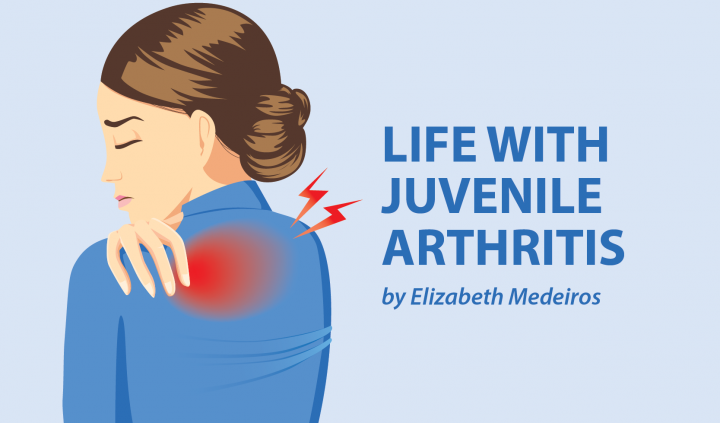As a child, I rarely cried and complained about juvenile arthritis (JA) pain. I don’t think I ever told my parents when I was having a bad day. Instead, they figured it out when their usually mild-mannered child was grumpy and short-tempered.
Kids with juvenile arthritis don’t always express pain in the ways you would expect. Sometimes they might cry or grimace and tell you they’re in pain. But more often than not, they show it through irritability, grumpiness, and agitation. In fact, irritability is often noted as a sign of JA.
Why so moody?
Irritability in JA can have many causes. First and foremost, it’s usually a sign of a child’s uncomfortable state. They may be in intense pain, exhausted from fatigue, or ill from medication side effects. Those issues can be extremely frustrating and disheartening.
Older kids and teens may also be irritable because they feel pressured to internalize the pain. Life doesn’t stop for flares, and kids may push beyond limits for the sake of good grades, extra-curricular achievements, and college scholarships. They may experience more pain and fatigue due to stress that is already enough to make anyone without JA miserable.
Parenting isn’t easy
Be patient with your child, but don’t fear enforcement of normal discipline. Bad moods are natural reactions to pain, but remind children that you still expect good behavior and kindness. My parents’ maintenance of normal discipline expectations helped me learn acceptable behavior. Even though I still had bad days, I knew where to draw the line.
Work with your child
When you notice a pattern of your child lashing out or acting irritably, explore ways to soothe the anger and the pain. Instead of resorting to punishment, you could consider offering your child coping mechanisms. For example, you could send them to their room to rest or ask them to privately journal about their feelings. Learning to cope with feelings and express them healthily is a valuable lesson for any child.
Better yet, you might be able to get to the root of their behavior. As a child, I often came home from school in a bad mood. I was tired and cranky from a long, often painful day at school. After one too many fights with my mum, we found a new after-school routine — a bath, pajamas, and some free time before homework. It worked like a charm to reduce my pain and grumpiness!
They’re not trying to be difficult
Irritability is probably one of the least acknowledged symptoms of JA, but growing up, it was definitely one that reared its head quite a lot. I never intended to be moody. Regardless, it could still come through even when trying my best to pretend everything was OK. Parents, please try to be patient with your children and understand where they’re coming from. Often, your child isn’t trying to be difficult — they’re just in pain. It isn’t always just an attitude. Sometimes it’s a cry for your help.
***
Note: Juvenile Arthritis News is strictly a news and information website about the disease. It does not provide medical advice, diagnosis, or treatment. This content is not intended to be a substitute for professional medical advice, diagnosis, or treatment. Always seek the advice of your physician or other qualified health provider with any questions you may have regarding a medical condition. Never disregard professional medical advice or delay in seeking it because of something you have read on this website. The opinions expressed in this column are not those of Juvenile Arthritis News, or its parent company, BioNews Services, and are intended to spark discussion about issues pertaining to juvenile arthritis.


